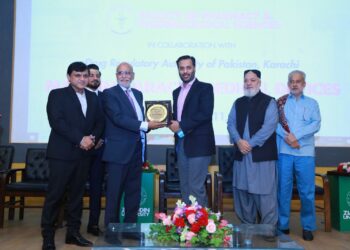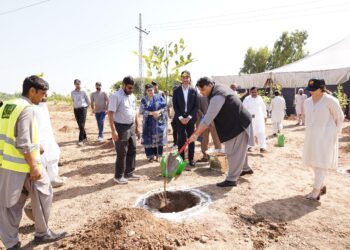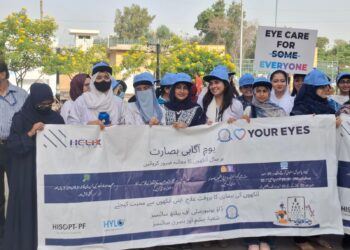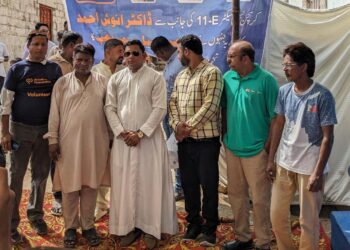NDN will particularly benefit remote
areas where access to standardized
medical care is limited
Staff Reporter
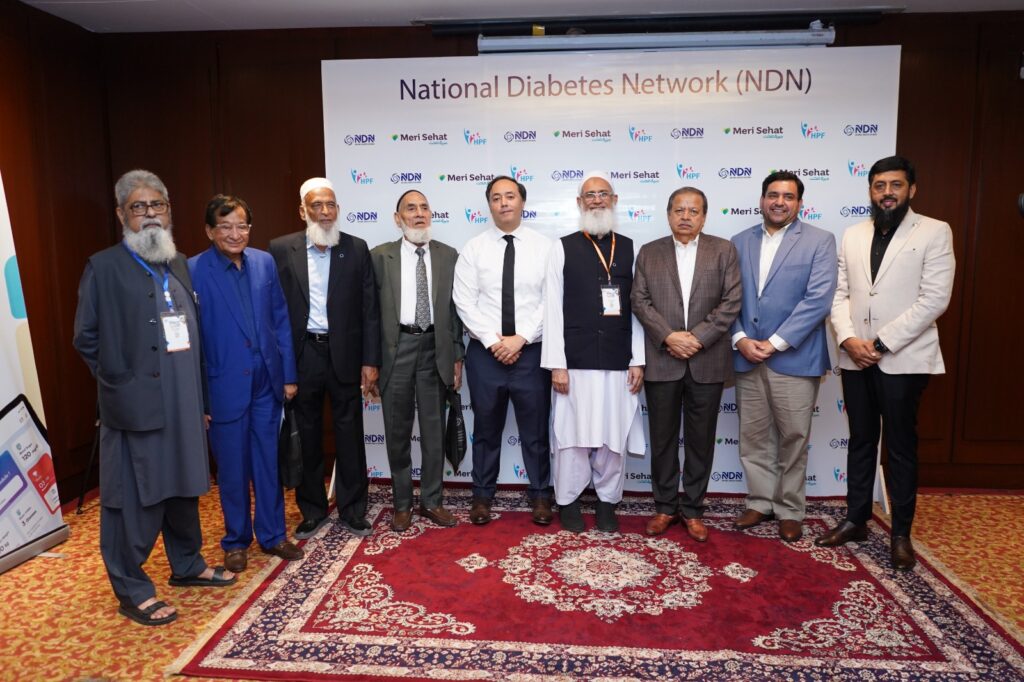
Karachi: In a significant step forward in the fight against diabetes, Pakistan has launched a network of 3,000 clinics. The National Diabetes Network (NDN) aims to provide free consultations to 75,000 patients daily. This initiative particularly targets remote areas where access to quality medical care is often limited. The announcement was made during a launch event on Saturday.
Nationwide Expansion for Improved Diabetes Care
Prof. Abdul Basit, Vice Chairman of the Health Promotion Foundation, officially launched the NDN at the NADEP Footcon 2024 conference. Notably, this initiative is a collaboration with Meri Sehat, Pakistan’s first AI-enabled healthcare platform, and Getz Pharma. According to Prof. Basit, the National Diabetes Network will bring standardized care to millions across the country. As a result, it is expected to significantly improve diabetes management in Pakistan.
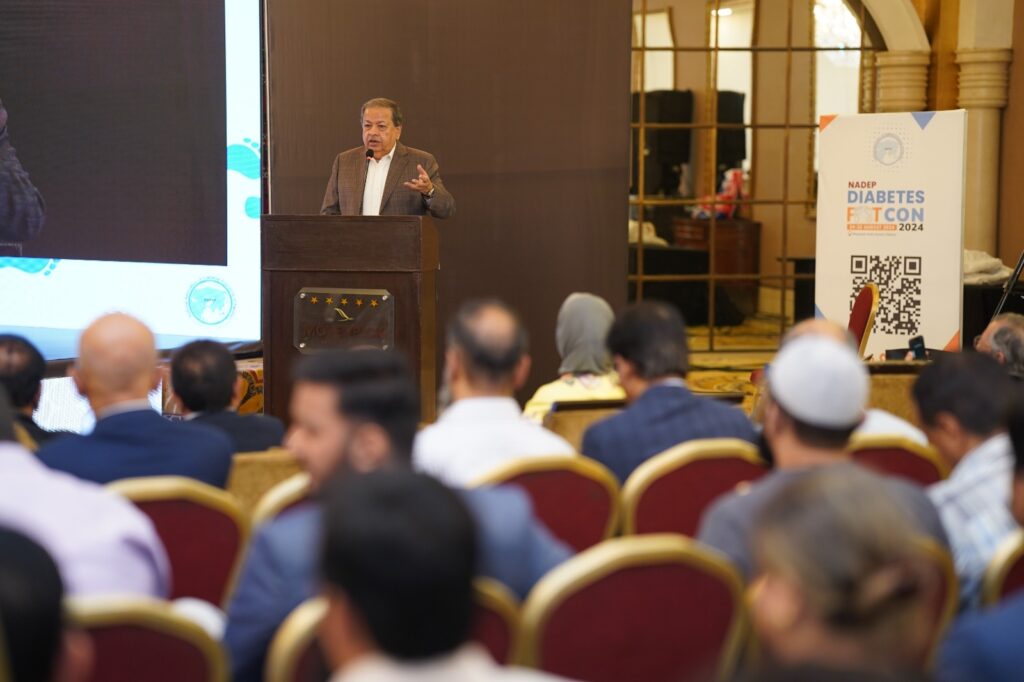
Free Consultations and Subsidized Services
Building on the success of NDN clinics in Karachi, the network has now expanded to 3,000 locations nationwide. Consequently, each clinic will offer free consultations to 25 diabetes patients daily. This will ensure that 75,000 people receive care each day. In addition, patients will receive a 50% discount on medications and a 25% discount on lab tests. These discounts are possible through a partnership with Chughtai Lab. Prof. Basit emphasized that the NDN is set to become the world’s largest free health network initiated by the private sector. Therefore, it represents a major milestone in healthcare accessibility.
Addressing the Diabetes Crisis in Pakistan
Getz Pharma has provided crucial financial and technical support for the NDN. In light of the severe complications of uncontrolled diabetes, such as foot ulcers and amputations, Prof. Basit highlighted the importance of this initiative. Shockingly, around 35-40 people in Pakistan lose their lower limbs daily due to diabetes complications. Without timely interventions, up to 600,000 individuals could face amputations by the end of this year. Consequently, the NDN’s role is critical in preventing such outcomes.
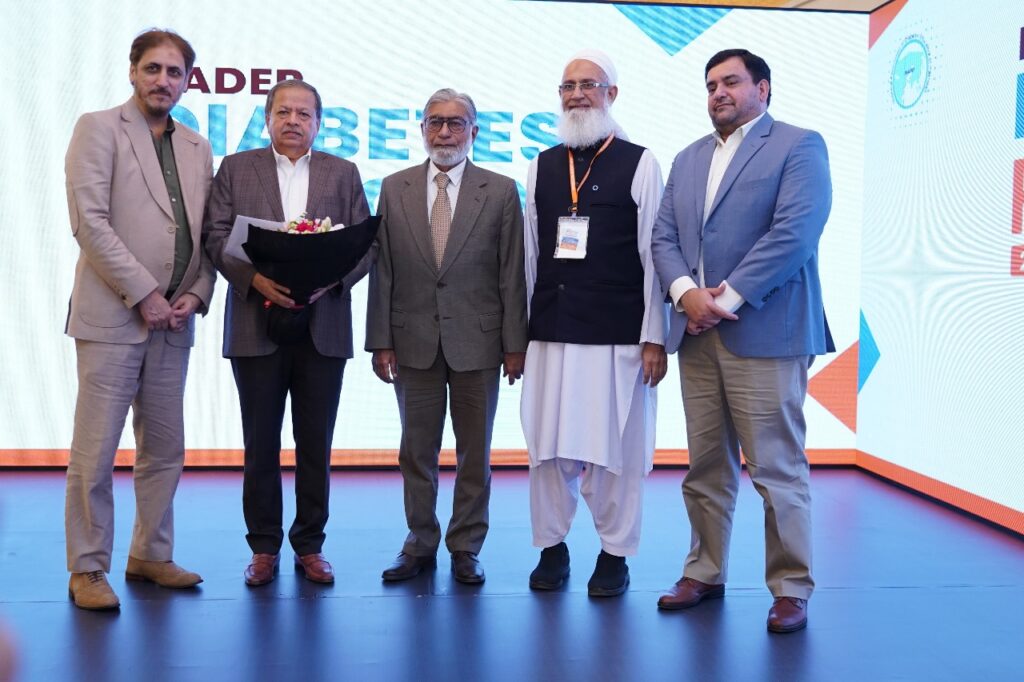
Commitment to Healthcare and Social Development
Khalid Mahmood, Managing Director of Getz Pharma, expressed concerns about Pakistan’s health and social development indicators. He noted that they lag behind even some Sub-Saharan African nations. Despite being a nuclear power, Pakistan faces significant challenges in areas such as vaccination coverage, nutrition, and maternal and child health. Furthermore, Pakistan has the third-highest diabetes prevalence globally, after China and India. The healthcare system, particularly in rural areas, lacks resources. There is limited access to trained endocrinologists, diabetes educators, and essential medical equipment. Getz Pharma is, therefore, committed to making diabetes care more affordable. They do this by providing essential medicines and insulin at subsidized rates.
Leveraging Technology for Sustainable Healthcare
Babar Rashid, CEO of Meri Sehat, also highlighted the rising number of premature deaths among young people due to diabetes complications. “No parent should have to bury their child because of a preventable disease,” he said. To address this, Meri Sehat has developed innovative diabetes patient management software. This software allows doctors to manage multiple clinics remotely, thereby reducing costs and ensuring the network’s sustainability. Additionally, the software integrates patient data into the Diabetes Registry of Pakistan (DROP). This centralizes information for better decision-making and research.
Enhancing Professional Knowledge and Skills
To further improve care quality, Meri Sehat has created a Learning Management System (LMS) and a certification program for diabetes educators and doctors. As a result, the initiative ensures that healthcare professionals across the network have the latest knowledge and skills. Consequently, patients can expect higher-quality care.

